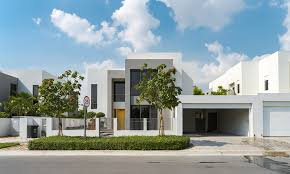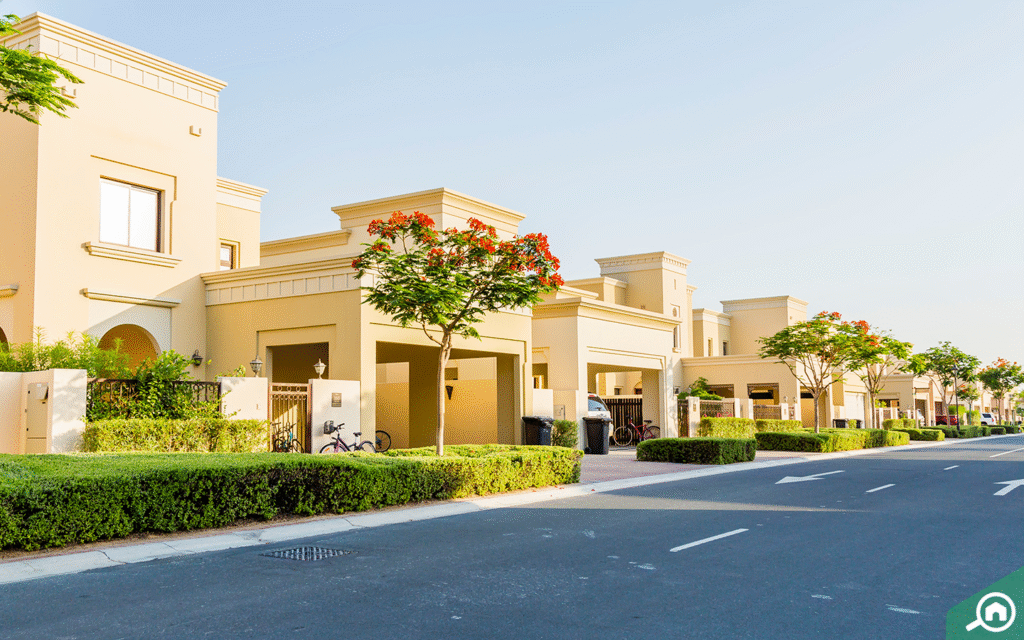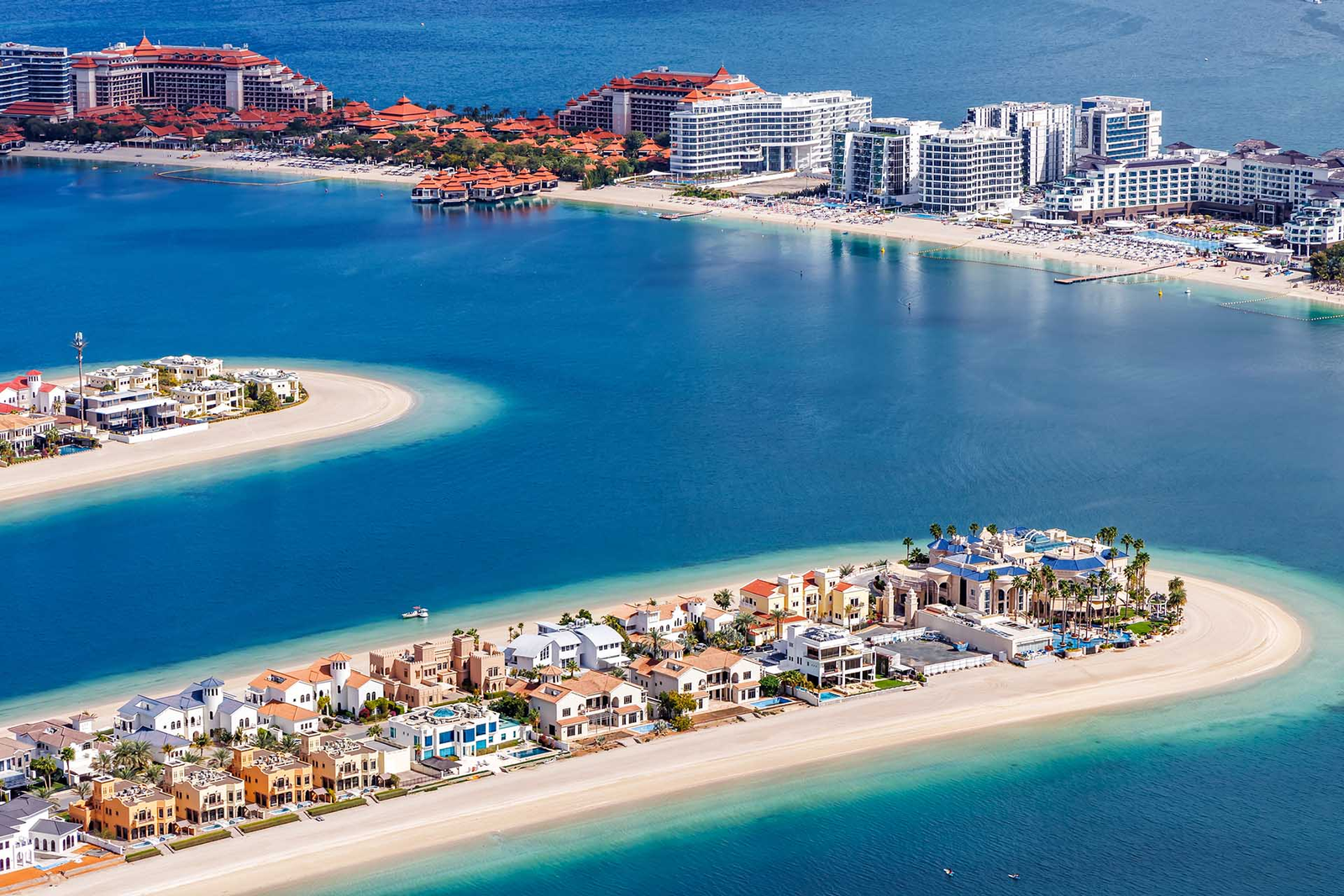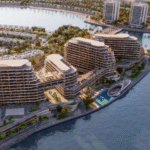Now Reading: UAE Freehold vs Leasehold: Choose the Right Property Today 2025
-
01
UAE Freehold vs Leasehold: Choose the Right Property Today 2025
UAE Freehold vs Leasehold: Choose the Right Property Today 2025

Table of Contents
Buying property in the United Arab Emirates (UAE) can be a life-changing decision. Whether you’re investing in a dream home or a profitable asset, it’s important to understand one major legal distinction Freehold vs Leasehold property.
These two terms are more than just real estate jargon. They define how much control you have over the property, the duration of your ownership, and even your ability to sell or pass it on. In a fast-growing property market like the UAE, especially in cities like Dubai and Abu Dhabi, knowing the difference can help you make smarter choices and avoid future issues.
This article breaks down what Freehold and Leasehold properties mean, how they differ, and which option is right for you as a buyer or investor.
What Is a Freehold Property?

A Freehold property is a type of ownership where you own the property and the land it sits on outright. This means once you buy it, it’s legally yours without time restrictions — unless you choose to sell it.
In the UAE, freehold ownership became available to foreigners in 2002, starting with Dubai. Since then, many designated areas have opened up for foreign nationals to buy and fully own properties.
Key Features of Freehold Property:
- You own the property and the land for life.
- You can sell, lease, or pass it to heirs.
- You can renovate (with permission from authorities).
- Commonly available in freehold zones like Dubai Marina, Downtown Dubai, and Palm Jumeirah.
What Is a Leasehold Property?
A Leasehold property gives you the right to live in or use the property for a fixed period — usually 10 to 99 years. You don’t own the land; instead, you lease it from the freeholder (landowner).
Once the lease period ends, ownership reverts to the landowner unless you renew the lease.
Key Features of Leasehold Property:
- You own the property for a limited time.
- You must get the freeholder’s approval for major changes.
- Maintenance may be the landlord’s responsibility.
- Common in areas like Al Nahda, Discovery Gardens, and parts of Abu Dhabi.
Legal Rights and Responsibilities
Understanding your legal rights is critical.
- Freehold owners have full legal rights. They can sell, lease, or transfer the property anytime without needing approval from a landlord.
- Leasehold owners may face restrictions. Renewing leases, getting permission for renovations, or subleasing might require the freeholder’s consent.
In both cases, registration with the Dubai Land Department (DLD) or the Abu Dhabi Municipality is mandatory. You’ll receive a title deed in both situations, but with different ownership conditions.
Cost and Maintenance Differences
Upfront Costs:
- Freehold properties usually have a higher purchase price due to full ownership benefits.
- Leasehold properties are generally cheaper, which can appeal to first-time buyers or those on a budget.
Ongoing Costs:
- Freehold owners are often responsible for full maintenance and service charges.
- In leasehold, the freeholder may manage the building, and costs are shared through a service charge.
Which One Should You Choose?
Choose Freehold If:
- You want long-term investment.
- You plan to live in the UAE for many years.
- You want to pass the property to your children.
- You seek flexibility in leasing or reselling.
What Are the Popular Freehold Zones in UAE?
Dubai:
- Dubai Marina
- Downtown Dubai
- Palm Jumeirah
- Jumeirah Village Circle (JVC)
- Business Bay
Abu Dhabi:
- Saadiyat Island
- Al Reem Island
- Yas Island
These zones offer luxury living, high rental yields, and long-term capital growth.
Can Foreigners Buy Property in UAE?
Yes, but only in designated freehold or leasehold areas.
In Dubai, the government has made many zones available for foreign nationals. In Abu Dhabi, the rules changed in 2019 to allow full foreign ownership in selected areas, not just leasehold rights.
However, each emirate has its own laws, so it’s wise to consult with a registered real estate advisor or legal consultant before buying.
Documentation Needed to Buy Property in UAE:

Whether you choose freehold or leasehold, the basic process involves:
- Passport copy
- Emirates ID (if resident)
- Proof of funds
- Memorandum of Understanding (MoU)
- NOC from developer (if resale)
- Title Deed from Dubai Land Department
Final Thoughts
The UAE property market offers a variety of options, and understanding the difference between Freehold and Leasehold properties is key to making a smart, secure purchase. Each has its advantages depending on your budget, goals, and length of stay in the UAE.
With the country’s commitment to infrastructure, tourism, and business growth, owning property here can be both personally and financially rewarding if done right.
Read More:- Why Smaller Lawns Are Smarter: Save Water and Money Fast 2025






















